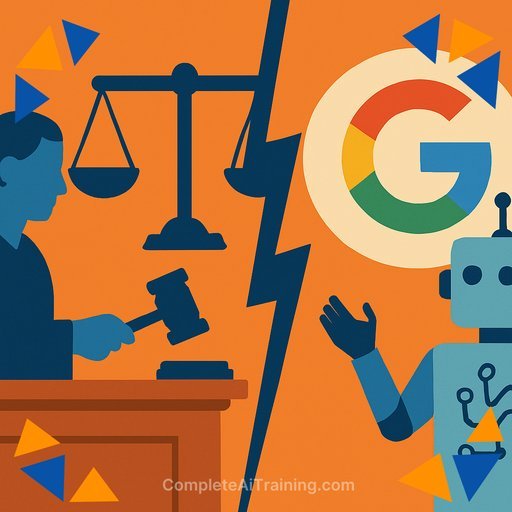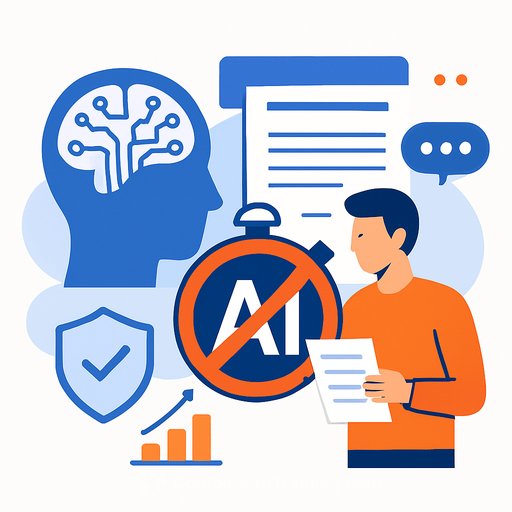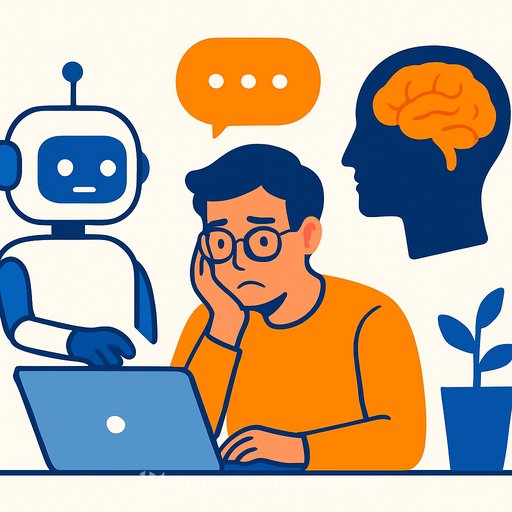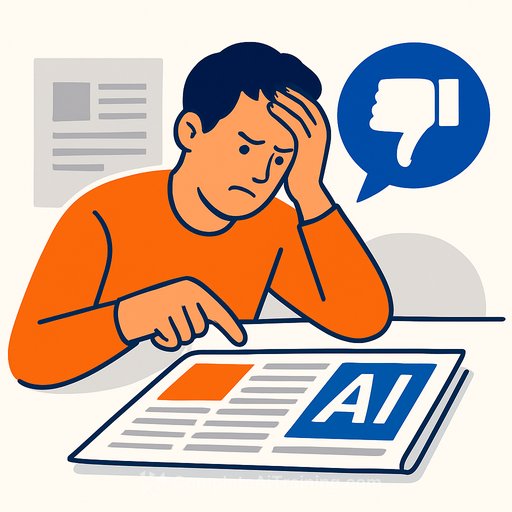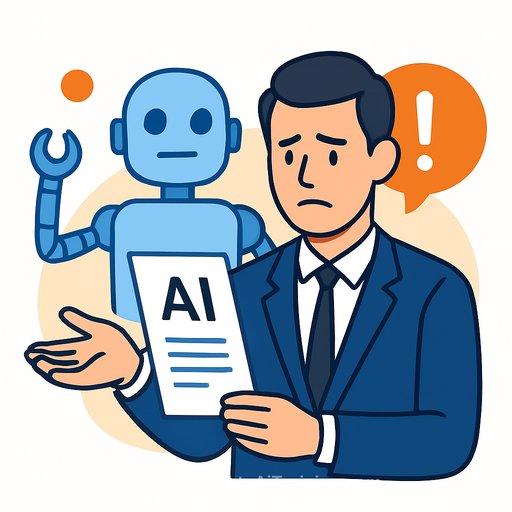Judge Says Copyright Suit Against Google Can Proceed - What Writers Need to Know
A federal judge in San Jose ruled that writers and artists can press ahead with copyright infringement claims alleging Google trained its generative AI models on their protected works without permission. The ruling, issued Sept. 11, 2025, keeps Google in the case.
Claims naming Alphabet for direct infringement were dismissed. In short: Google stays on the hook; Alphabet does not, at least for now.
Why this matters for writers
Training data is the fuel for large AI models. If your work was scraped and used without a license, this case tests whether that practice can trigger liability.
A live lawsuit means leverage. It increases pressure for transparency, opt-outs, and licensing-especially if discovery reveals how training sets were built.
What happens next
Expect discovery fights over datasets, logs, and model training practices. Google will likely raise defenses such as fair use and other doctrines common in data-use cases.
Outcomes could include settlements, licensing frameworks, or a court decision that clarifies the limits of using copyrighted works to train AI.
Action steps for working writers
- Register your works. Registration strengthens your position for statutory damages and attorney's fees if infringement occurs. See guidance from the US Copyright Office.
- Update contracts. Add clauses that ban AI training use without explicit permission and require disclosure of any AI-related uses.
- Use available opt-outs. Add clear policy language to your site, and consider meta tags or robots directives where they are honored by platforms. Keep records of your policies and timestamps.
- Watermark or track distribution. Visible credit and simple provenance notes can help you prove origin and monitor reuse.
- Document evidence. Save suspected prompts, outputs that mirror your voice or passages, and URLs or logs showing how content was accessed.
- Join collective efforts. Guilds and rights groups can coordinate licensing proposals and legal strategies that are hard to pursue alone.
Key takeaways
- The case moves forward against Google; direct claims against Alphabet were dismissed.
- Discovery could surface how datasets were assembled, which may affect future licensing or opt-out norms.
- Proactive rights management now makes a difference later-especially registration, contracts, and documentation.
Helpful resources
US Copyright Office: Artificial Intelligence Policy and Guidance
Popular AI tools for copywriting and AI courses by job can help you use AI on your terms-without giving up your rights.
Your membership also unlocks:

